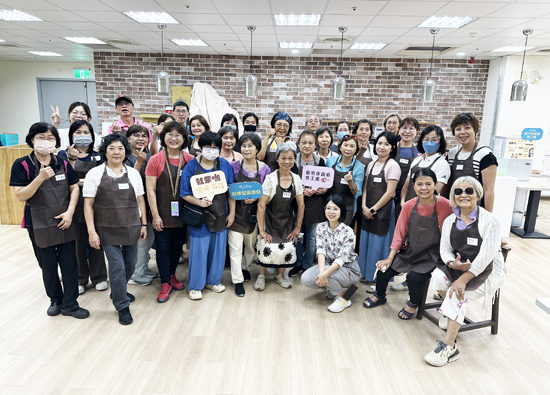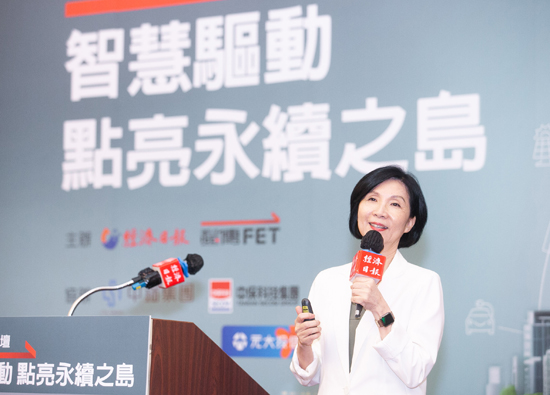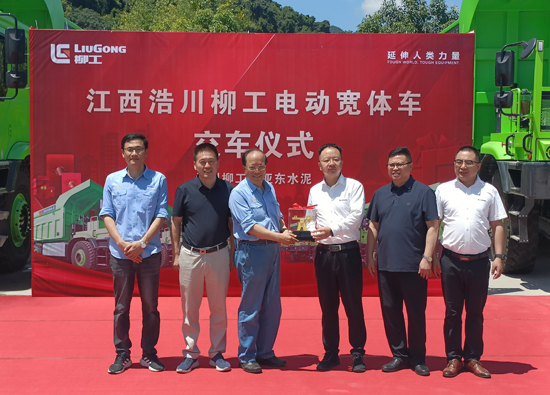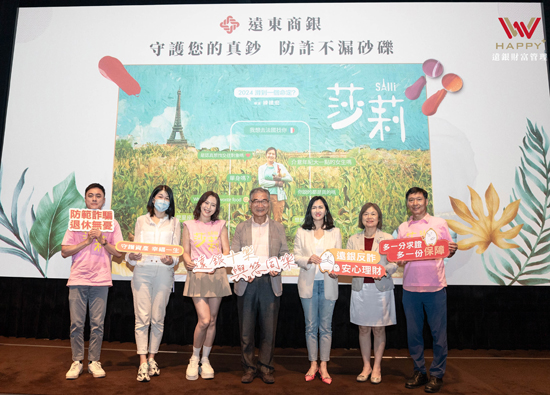09.2024 Leader's Remarks
From compliance to competitiveness - in addition to reducing carbon emissions, companies also need to reduce plastic emissions
FE SOGO Department stores / Sophia C.W. Huang Chairman

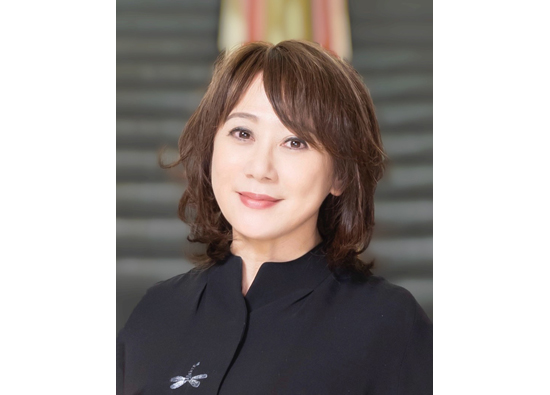
 One of the most challenging challenges facing the retail industry in 2024 is probably the upcoming Global Plastics Treaty at the end of the year, which will be the most important and legally binding international regulation after the Paris Climate Agreement.
One of the most challenging challenges facing the retail industry in 2024 is probably the upcoming Global Plastics Treaty at the end of the year, which will be the most important and legally binding international regulation after the Paris Climate Agreement.In recent years, there has been a wave of plastic restrictions internationally. As early as 2018, the Ellen MacArthur Foundation and the United Nations Environment Programme (UNEP), which advocated recycled economy, jointly proposed the Global Commitment on the New Plastics Economy. Today, more than 500 organizations have joined, and well-known brands such as Coca Cola, Unilever, IKEA, Wal Mart, etc. are all members.
The EU has launched mandatory actions to reduce carbon emissions. Starting from 2021, in order to raise the Green Deal fund, member states will be charged a plastic levy of EUR0.8 per kilogram of unrecycled plastic packaging waste; Each member state may independently set various tax rates and measures to cope with them. Starting from July of the same year, the 2019 ban on disposable plastics was implemented, prohibiting member countries from selling disposable plastic plates, tableware, straws, mixers, balloon sticks, cotton swabs, cups, and other products.
Despite Brexit, the UK is still ahead of other countries in imposing the Plastic Packaging Tax (PPT) in April 2022. Companies that produce or import more than 10 tons of plastic with less than 30% recycled plastic content within a year are required to pay taxes; In 2024, the tax rate per ton of plastic packaging will be GBP218 (approximately NTD9100). In January 2023, Spain also responded to the EU's plastic tax by imposing an additional tax of EUR450 (approximately NTD16000) per ton on non reusable plastic containers; Starting from this year, Germany will also impose a Disposable Plastic Tax (EWKFondG) on disposable plastics on the market.
What are the responses of international retailers to plastic reduction actions? The label of Macy's, a well-known chain department store in the United States, for its own clothing brand in 2023 is 100% recycled polyester. It is expected that by 2024, 50% of the bags in the store will be made of environmentally friendly plastic; In 2022, Lotte Department Store in South Korea will reuse the exterior wall schedule banners (the most common waste in department stores) and transform them into customer gifts. They will also transform 160000 discarded plastic bottles into 20000 uniforms for frontline customer service staff (such as parking lot personnel) to wear; Lotte Supermarket will also launch its own brand "GOOD TODAY" in 2023, offering food packaged in 100% recycled plastic containers, and gift packaging materials made of biodegradable and reusable materials; Many department stores in South Korea have reduced the provision of plastic umbrella covers and replaced them with umbrella water droplet separators to educate consumers to avoid using disposable plastics.
Since 2002, Taiwan has been promoting the reduction of plastic bags used for shopping, stipulating that seven major categories (about 20000) of stores, including mass stores, supermarkets, and chain convenience stores, are not allowed to provide free plastic bags for shopping. In 2018, Taiwan announced that it will gradually ban disposable plastic straws, beverage cups, shopping bags, and disposable tableware, with the goal of completely banning them by 2030. In July of this year, it was announced that a total of 47 markets in 22 counties and cities across Taiwan would be connected to reduce plastic waste. Even though it seems that most restrictions on plastics are still at the stage of encouraging source reduction, the adoption of the Global Plastic Convention is expected to impose stricter regulations on businesses.
For Taiwan's retail industry, the Global Plastic Convention means a reversal of product selection and service. Nowadays, high priced fresh fruits and vegetables in supermarkets are often wrapped in plastic bags or plastic hard shells, which not only provide anti explosion clothing for fragile fruits and vegetables, but also make their appearance more noble; In the future, we need to consider alternative solutions and increase the proportion of naked sales. In the past, when it rained, customer service personnel would rush to help customers put plastic bags on the outer layer of paper bags. In the future, it will be inconvenient to provide plastic bags, and even have to tactfully convey sustainable thinking to customers or provide alternative solutions.
In recent years, FE SOGO Department stores have vigorously promoted self provided shopping bags, environmentally friendly containers, and tableware in the cooked food area and food street. Supermarkets have also introduced single purchase full amount rewards, such as coupons, Happy Go points, or discounts for self provided shopping bags; Bring your own shopping bag outside the food street, you can get NTD 5 discount or receive eco-friendly tableware as a gift. In the first half of this year, stores across Taiwan saved a total of 8000 shopping bags and 30000 disposable paper cups with plastic cup lids (film). In addition, signs are also placed in relevant areas to encourage customers to bring their own containers and eco-friendly bags. At the same time, education is given to cooked food counters to be friendly to "non plastic customers" who bring their own containers and bags.
Internally, the procurement department has set a standard that "the proportion of gifts containing recycled materials should exceed 5% of the total gift amount", especially for environmentally friendly shopping bags that have received high praise from consumers, the material must be rPET; In the schedule of the sustainable business identification system SOGO Sustatic, the gifts for app check-in interaction are either agricultural and social creation products that are friendly to the earth, or high-quality products made of recycled plastic materials; Even the Far Eastern Group Garden City food street trays in the plan will be made of environmentally friendly recycled plastic products.
How will FE SOGO Department stores deploy ahead of schedule in the face of the Global Plastic Convention? Taking inspiration from International, we must continue to promote painless plastic reduction experiences and encourage consumers to establish green shopping habits; In terms of selecting suppliers, it is even more important to include the use of plastic in products in the evaluation, establish a green supply chain, and create a recycled economy. After all, when companies pursue revenue and profit while also considering environmental and social issues, this is ESG. And sustainability is the manifestation from 'compliance' to 'competitiveness'!
#


